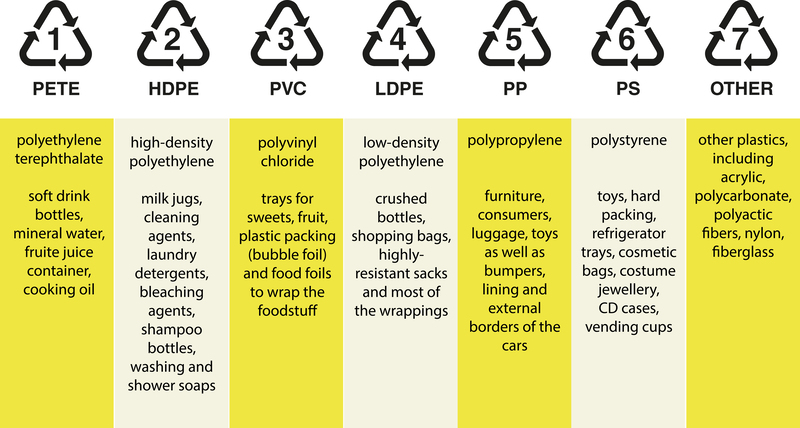How Recycling Electronics Positively Affects the Environment
In today's technology-driven world, electronic devices become outdated rapidly, leading to an ever-increasing amount of e-waste. From smartphones to laptops, the need for correct disposal of electronics is crucial. Recycling electronics is not just about managing waste but significantly contributes to the well-being of our environment. This article explores how recycling electronics positively impacts our planet through reduced pollution, conservation of resources, energy savings, and economic benefits.
Understanding E-Waste and Its Environmental Threat
E-waste, or electronic waste, refers to discarded electronic appliances such as computers, smartphones, televisions, and other electronic devices. With the fast-paced advancements in technology, these items become obsolete quickly, resulting in a fast-growing waste problem.
The Growing Problem of E-Waste
Each year, millions of tons of electronic waste are generated globally. This waste includes toxic substances like lead, mercury, and cadmium, which can have harmful effects on the environment and human health if not managed properly. Improper disposal of e-waste leads to severe environmental issues, including soil contamination and water pollution.
Recycling Electronics: A Key Solution
- Pollution Reduction
- Conservation of Natural Resources
- Energy Conservation
- Economic Benefits and Job Creation

Pollution Reduction Through Electronics Recycling
Recycling electronics can significantly reduce environmental pollution. When e-waste ends up in landfills, toxic substances seep into the soil and water, posing environmental and health risks. By recycling, these substances are safely extracted and processed, preventing pollution.
Reducing Air and Water Pollution
Electronics recycling prevents the release of potentially harmful chemicals during the incineration or decay of e-waste. Recycling rather than disposing of electronics prevents toxic substances like lead and mercury from contaminating the environment.
Soil and Habitat Protection
E-waste recycling limits soil pollution and prevents damage to ecosystems. By diverting electronics from landfills, we minimize soil contamination and protect habitats where flora and fauna may otherwise be adversely affected by toxins.
Conservation of Natural Resources
Recycling electronics helps conserve valuable resources that are often limited in supply. Many electronic components contain precious metals and other materials that can be reused.
Preservation of Precious and Rare Metals
Metals like gold, silver, and platinum used in electronics are finite resources. By recycling, these metals are recovered and reused, reducing the need for mining, which can be environmentally damaging.
Reducing Raw Material Extraction
Extracting raw materials is energy-intensive and detrimental to the environment. Recycling decreases the need for mining and extracting new materials, thereby conserving natural resources.
Energy Conservation Through Recycling Electronics
Recycling electronics often requires significantly less energy compared to producing new products from raw resources. This energy saving translates to reduced greenhouse gas emissions.
The Energy-Efficient Process of Recycling
The recycling process is typically more energy-efficient, consuming fewer fossil fuels and leading to reduced carbon emissions. Manufacturing new products from recycled materials needs less energy compared to their new counterparts.
Impact on Climate Change
By using recycled materials, industries can lower their carbon footprint. Reducing reliance on producing new raw materials significantly cuts down on carbon emissions, contributing to climate change mitigation efforts.

Economic Benefits and Job Creation
Besides environmental advantages, recycling electronics offers numerous economic benefits, including job opportunities and economic growth.
Job Creation in the Recycling Industry
The recycling industry creates jobs in various sectors, from collection and transportation to processing and resale of refurbished electronics. These jobs stimulate local economies and provide sustainable employment opportunities.
Lower Costs and Consumer Savings
Recycling reduces the overall cost of production for new electronics by providing manufacturers with affordable recycled materials. This efficiency can lead to lower costs and savings for consumers.
Conclusion
As technology evolves and electronic waste continues to grow, the importance of recycling becomes increasingly evident. Recycling electronics offers numerous environmental benefits, including pollution reduction, resource conservation, and energy savings, while also providing economic advantages through job creation and cost reduction. By embracing and promoting e-waste recycling practices, we can contribute to a healthier planet and a more sustainable future. Together, these efforts not only help conserve our environment but also foster economic growth and a greener planet for generations to come.